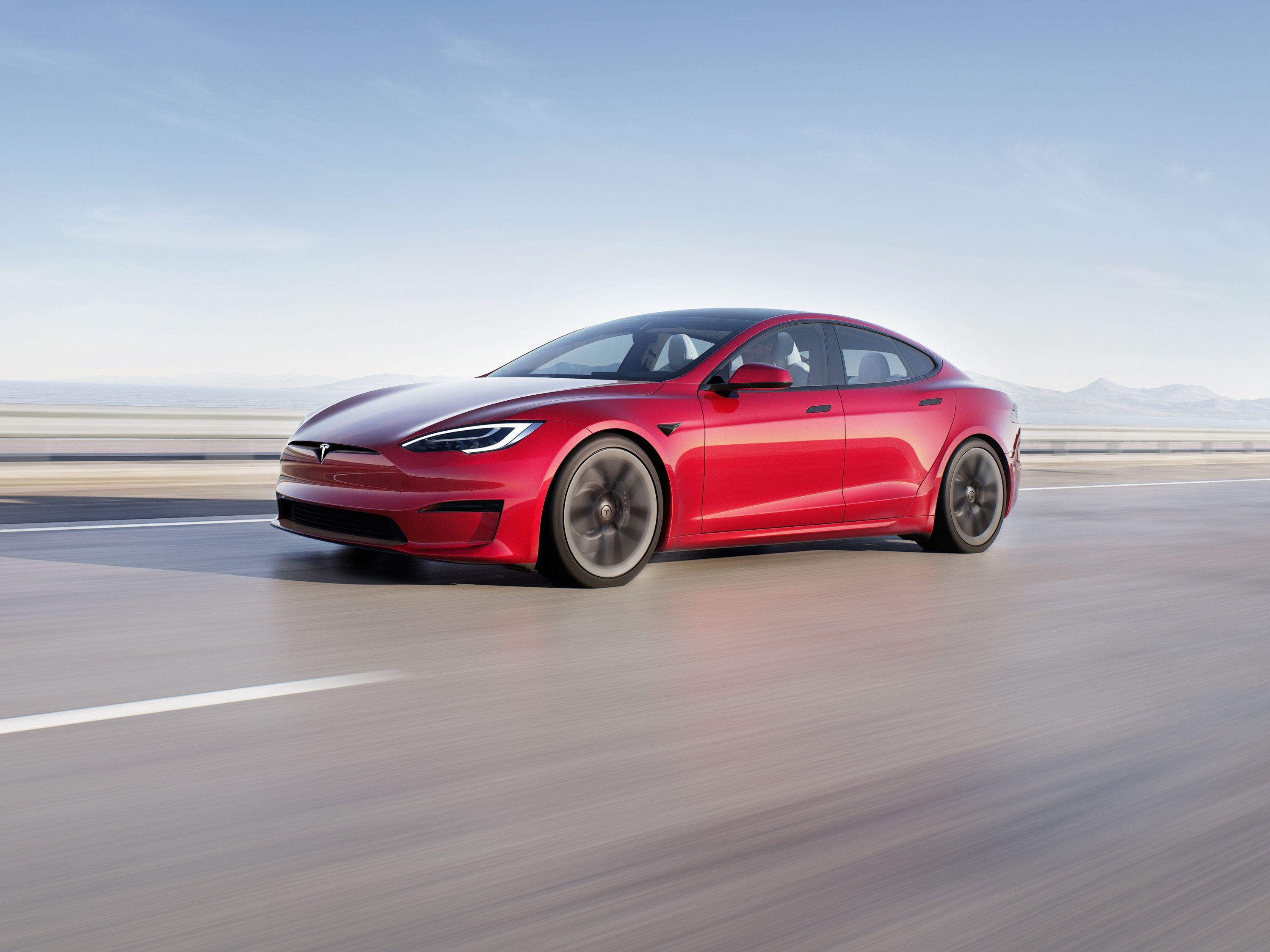
There are a few things that human beings fear more than the loss of control, and that reason alone is why many of us feel slightly uncomfortable about the prospect of self-driving cars taking over a task that, if improperly managed, can result in death. However, technology has proven to be a reliable asset, something we can trust in. But can it still be trusted if hackers can access it? That's what Keen Security Lab wants to know. The Chinese security company decided to take a Model S and see what its hackers could do.
At first, the hackers simply took control of the touchscreen infotainment system and rendered it useless to the driver after demonstrating how they could open and close the sunroof, adjust the seats, and activate the turn signals. Then the team went a step further. After moving over 12 miles away from the Model S, they managed to unlock the doors, fold the mirrors, and open the rear lift gate, all while the vehicle was in motion. Next the researchers were able to apply the brakes while the car was moving, something that could be incredibly dangerous on the freeway. Samuel Lv, the director of the research group, mentioned how these sorts of tests were important now that autonomous cars will soon be invading the streets en masse.
Given that self-driving cars use computers to control the throttle, brake, and steering wheel, a hacker could feasibly have a two-ton remote control car that could threaten lives if they could gain control of the car's computers. Ten days after learning of the hack, Tesla released an over-the-air update to prevent a similar software breech since the hack is applicable to multiple Tesla models. In an email to Motor Trend, Tesla said, "The issue demonstrated is only triggered when the web browser is used, and also required the car to be physically near to and connected to a malicious Wi-Fi hotspot. Our realistic estimate is that the risk to our customers was very low, but this did not stop us from responding quickly."
It then followed up by mentioning, "We engage with the security research community to test the security of our products so that we can fix potential vulnerabilities before they result in issues for our customers," the Tesla spokesperson said. "We commend the research team behind today's demonstration and plan to reward them under our bug bounty program, which was set up to encourage this type of research." As they say, technology alleviates some headaches but causes other pains in the process. Even though this isn't the first time a like situation has occurred, we never thought we'd one day see a reason for cyber security to be something that consumers worry about when buying a car.
To see how the team of hackers was able to crack the Model S, watch the video below.



